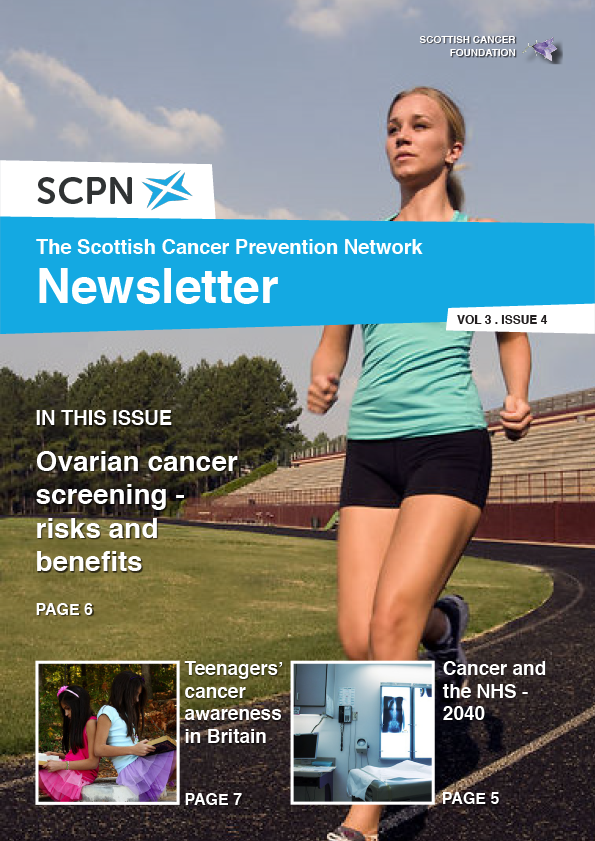
Smoke-free Ahead?

16 Oct 12 |
As we await sight of a draft of Scotland’s new national tobacco control strategy, an important document that will set the direction for much of our work in the coming years, I wanted to reflect on some of the bolder suggestions that have been made for reducing tobacco use and tobacco related harm internationally.
The World Health Organisation (WHO) is clear that the tobacco epidemic is one of the biggest public health threats the world has ever faced. Increasingly, tobacco control is being framed as a necessary part of tackling the burden of non-communicable diseases (NCDs) world-wide. The WHO reports that 63% of all deaths worldwide are caused by NCDs, for which tobacco use is one of the greatest risk factors. Effective measures are both necessary and cost effective. One example is outlined in a BMJ blog this month by Richard Smith, Choosing Among Sorrows, where he reprises an argument for the high cost-effectiveness of tobacco tax as a measure to tackle and reduce non-communicable diseases internationally. The United Kingdom remains a world leader in tobacco taxation, and my hope is that Scotland’s new strategy will continue to show leadership on a world stage.
Some countries like New Zealand and Finland have already set ambitious targets to reduce tobacco use to minimal levels. New Zealand’s commitment is to be smoke-free (with prevalence at 5% or less) by 2025, and they have started to talk in terms of an end-game for tobacco smoking.
Some more radical suggestions have been proposed to help drive progress. Professor Simon Chapman has suggested that adult smokers should be required to carry a licence to purchase tobacco, ensuring that smokers are both informed about the risks and can receive information to help them quit. Singapore-based Professor Jon Berrick goes further, suggesting that a future date should be set after which there will be no new legal recipients of tobacco products, in recognition of the highly dangerous nature of the product. In Scotland he has proposed that date should be January 1st 2018. His idea has been taken up with real interest in Tasmania, to the extent that a proposal from the Tasmanian Upper House supporting the idea of a smoke-free generation, with a ban on selling tobacco to anyone born after the year 2000, will go forward to the Australian Lower House for debate. I fully applaud the ambition for a smoke-free generation. I’d like to see Scotland move rapidly towards this, but without criminalising smokers. Instead, I’d like to see a sharper and more searching focus on the tobacco industry and its activities.
In times of economic constraints, tobacco control is a worthwhile investment. I trust our new national strategy will show the vision, ambition and commitment for which Scotland is internationally known.
Sheila Duffy, ASH Scotland
This article, written by Sheila Duffy, was originally published in the SCPN Newsletter, Volume 3, Issue 4.
Read the full issue here:

The SCPN Newsletter: Volume 3, Issue 4
In our Winter 2012 issue, we cover the risks and benefits of ovarian cancer screening, awareness of teenage cancer in Britain, cancer and the NHS in 2040, and more.